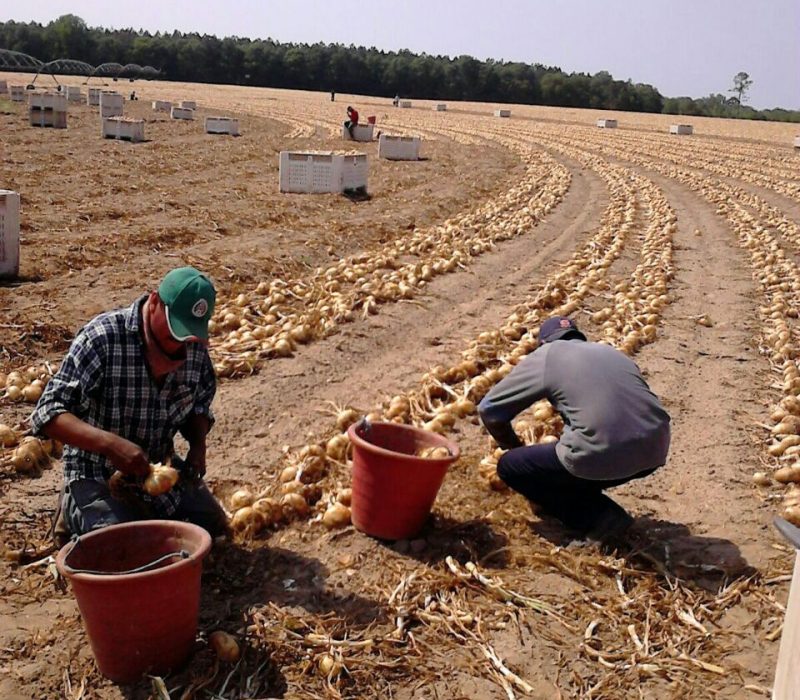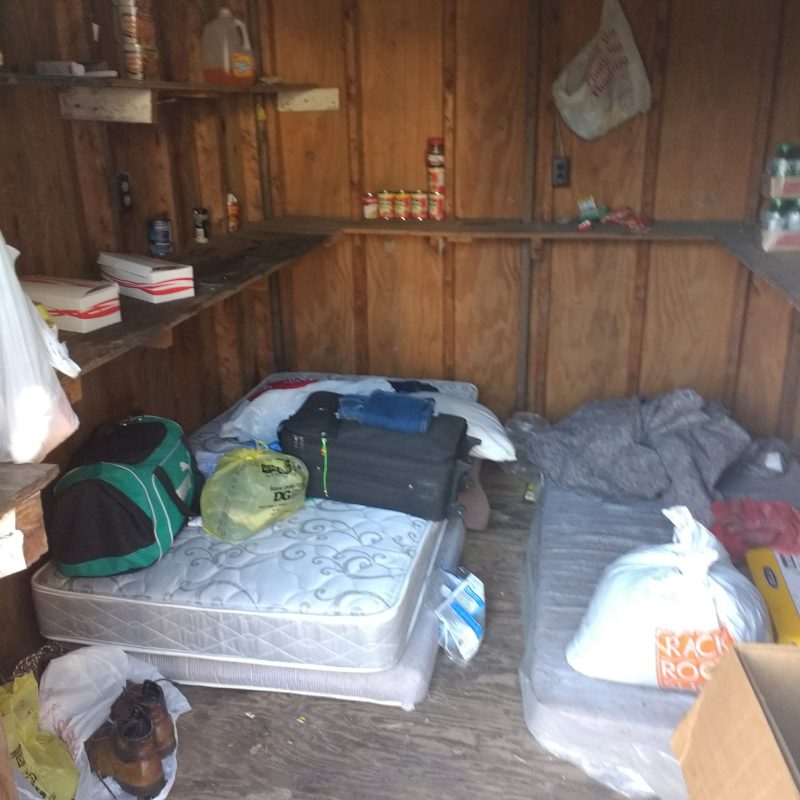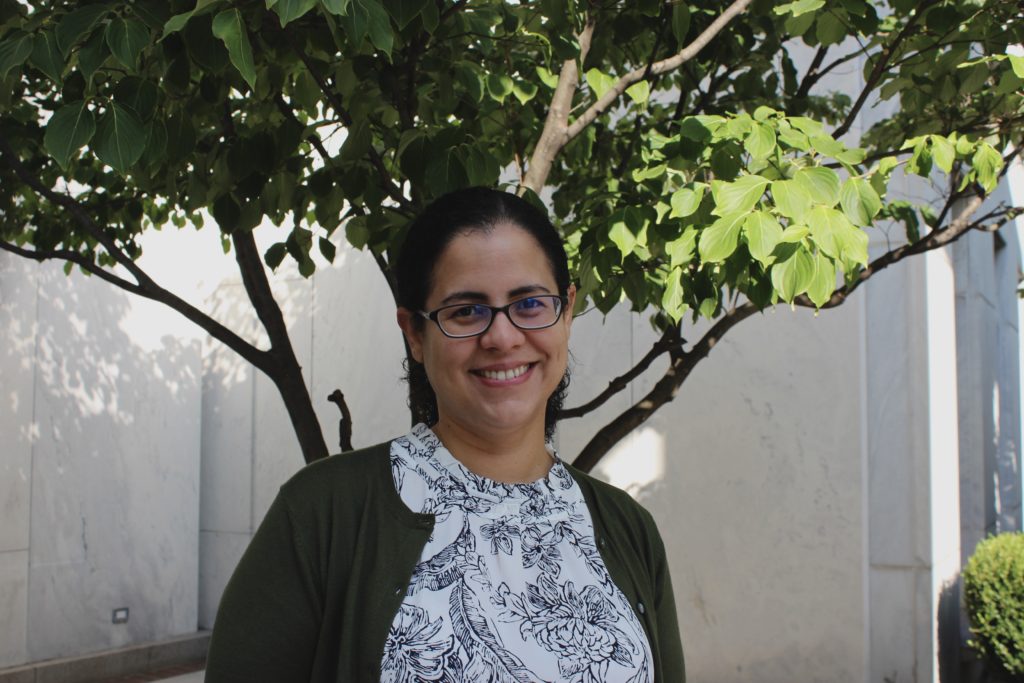Every year, farmers around the U.S. turn to the H-2A visa program to fill their farm labor needs. In 2018, Georgia had 32,364 H-2A positions certified by the U.S. Department of Labor, leading the nation as the state with the most H-2A workers. Before an employer can bring H-2A workers into the U.S., the employer has to make some efforts to recruit local workers. In fact, employers are supposed to give local workers priority to these jobs. Once the work starts, both local and visa workers are entitled to certain rights guaranteed under the H-2A regulations, and under other applicable employment laws.
H-2A workers constitute a large part of our caseload at the Farmworker Rights Division of Georgia Legal Services Program. H-2A workers are eligible to receive free legal services under the Legal Services Corporation regulations, and they are disproportionately exposed to abuse and exploitation by unscrupulous recruiters, farm labor contractors, and employers. Moreover, they are one of the most disadvantaged class of workers, considering their isolation (both in terms of being located in remote rural areas, and the social isolation that comes with being a foreigner who does not speak the language of the land). Moreover, H-2A workers, and agricultural workers in general, have been historically exempted from many worker protections that are taken for granted by most other workers, such as the right to unionize and collective bargaining, and the right to overtime pay for work in excess of 40 hours per week. Due to its nature, agricultural work is a tough job; physically demanding and dangerous, generally reserved for the poorest of the poor. In Georgia, that’s mostly guest workers from poor villages in Mexico and Guatemala. The rest of us owe a debt to these guest workers who break their backs, (sometimes literally), to feed us.
The most common problems that we see in this client population are:
(1) illegal fees charged to the workers during recruitment; (2) failure to pay the promised wages; (3) dilapidated and/or overcrowded housing; and (4) intimidation tactics used by employers to keep the workers from complaining about these violations, or to keep them from leaving their employment. It is the last of these four problems, the intimidation, the most harmful, because it keeps workers subjugated, unable to seek help to improve conditions. In some cases this intimidation becomes a tool for human trafficking.
Unfortunately, the structure of the H-2A program makes it easier for human traffickers to hold workers hostage. An H-2A visa only allows the worker to work for a single employer, therefore giving a lot of power to that employer over the worker. Many of these workers are induced to take on debt to pay recruitment fees, therefore, they are less likely to speak up about labor violations for fear of retaliation by the employer, losing their job, and having to return back home to a debt they are unable to repay. Many employers exploit this one-sided visa status to threaten the workers with deportation or with black-listing them, making the workers believe that they will not be able get another work visa in the future if they speak up.

Other than legal services attorneys, there are virtually no other attorneys in Georgia advocating for these workers who are seasonal and migrant, who don’t speak English, and who have to go back to their home countries at the end of their short work contracts. The Farmworker Rights Division of GLSP, which currently consists of one staff attorney and two support staff, is taking on the fight for these workers, but there is only so much we can do with our limited resources. In 2018, our office represented 76 H-2A workers, collected nearly $140,000.00 in damages for clients, and provided other essential services to these vulnerable workers such as applying for humanitarian immigration relief for victims of human trafficking, assisting workers in reporting instances of human trafficking to law enforcement, and representing workers before administrative government agencies.



Solimar “Soli” Mercado-Spencer is originally from Puerto Rico. She graduated in 2007 from Indiana University School of Law-Indianapolis. While a law student, she was an intern at Indiana Legal Services’ Farmworker Unit. The substandard and unfair conditions she observed during her outreach visits to migrant camps around the state motivated her to become an advocate for workers’ rights. She became a staff attorney at the Florida Rural Legal Services’ Farmworker Rights Unit, where she represented farmworkers in cases under the Fair Labor Standards Act, the Migrant and Seasonal Agricultural Worker Protection Act, and other worker protections. In 2012, she moved to Texas to become the Dallas Area Director of the Austin-based Workers Defense Project. There, she helped WDP establish a new worker center to advocate for and organize construction workers in the Dallas-Fort Worth Area. Soli joined the Farmworker Rights Division of Georgia Legal Services in 2016, as a Senior Staff Attorney.